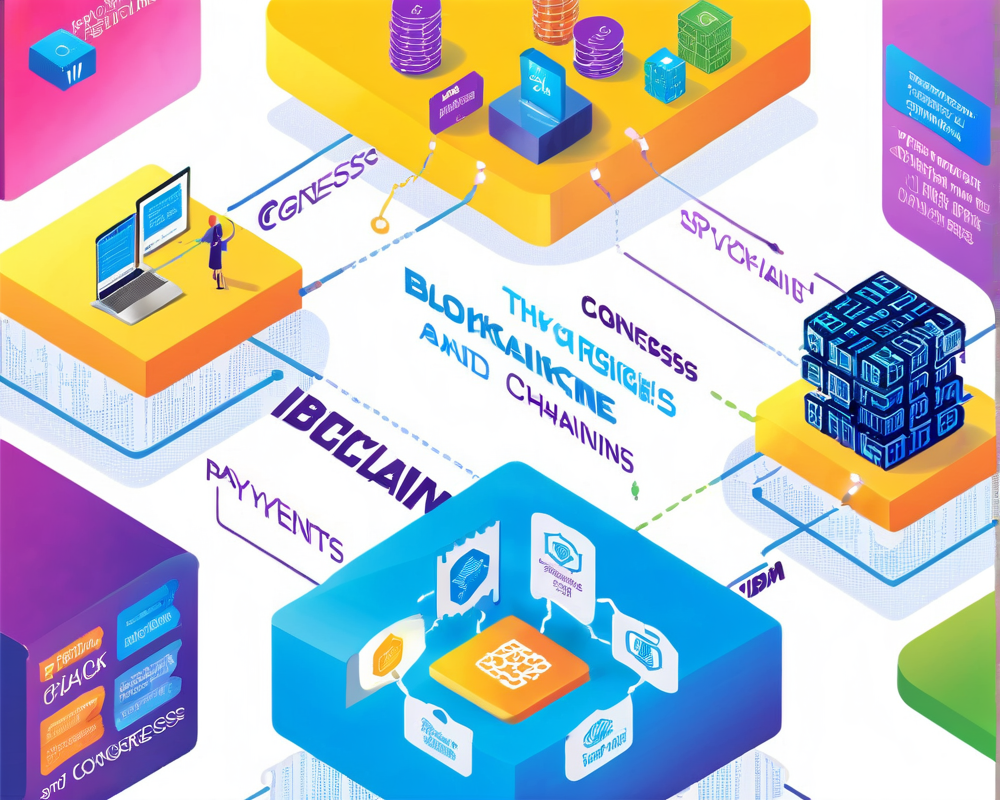Blockchain’s Bright Future: Insights from IBM and Congress on ID Systems, Payments, and Supply Chains
The Meeting of Minds
On September 24, IBM and the U.S. Congressional Blockchain Caucus convened to discuss the transformative potential of blockchain technology. The setting resembled a cross between a tech conference and a government summit, where policy meets code over coffee.
Report Highlights
IBM recently unveiled a report titled The Impact of Blockchain for Government: Insights on Identity, Payments, and Supply Chain. This report was born out of a series of roundtable discussions featuring notable figures like Representatives Jared Polis and David Schweikert. They, along with experts from MIT and IBM, dived into the nitty-gritty of blockchain’s potential.
What Did They Discuss?
- Government Funding: The discussions underscored a glaring need for governmental support for blockchain innovation.
- Regulatory Sandboxes: The idea is to create environments where blockchain solutions can be experimented with before full-blown market deployment.
As Jerry Cuomo eloquently put it, “Experts could study blockchain for days on end, but the real magic happens when it’s accessible to the public.” Sounds like a tech fairy tale waiting to unfold, huh?
A Vision for Blockchain in Daily Life
Polis has been championing the notion of Colorado becoming a hub for blockchain innovation. He believes that there’s so much more to blockchain than just cryptocurrencies. He sees a future where blockchain enhances daily life, raising our societal trust levels beyond that of centralized institutions. Spoiler alert: this trust has taken some serious hits lately.
The Question of Crypto Taxation
Amidst the hope, the issue of crypto taxation surfaced. Polis insisted that everyday transactions like buying coffee shouldn’t come with a tax burden. Imagine debating the tax implications of a cup of java! Following this, Cuomo acknowledged that tax discussions seem almost stuck in a coffee line themselves, with little movement beyond the basics.
Promising Applications of Blockchain
Rep. Schweikert highlighted the urgency of adopting blockchain, especially for medicine and social projects. However, he also raised a fair point about encryption standards, emphasizing the need for robust data security measures. After all, no one wants their digital life being as exposed as their high school photos on social media.
Looking Forward
In closing, Congressman Tom Emmer has plans to introduce three new bills to further support blockchain development and offer protections for taxpayers dealing with digital assets. It’s shaping up to be quite the legislative season for blockchain enthusiasts!




